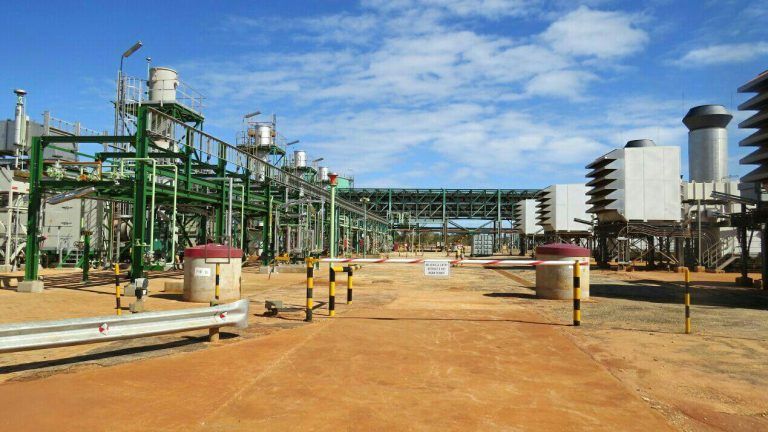Billion-dollar exposure: Investor-state dispute settlement in Mozambique’s fossil fuel sector

Billion-dollar exposure: Investor-state dispute settlement in Mozambique’s fossil fuel sector
Columbia Center on Sustainable Investment | 8th February 2024
By Lea DI SALVATORE and Maria Julia GUBEISSI
This report was commissioned by Friends of the Earth Europe Justicia Ambiental - Friends of the Earth Mozambique, Milieudefensie - Friends of the Earth the Netherlands, and Friends of the Earth US and written by The Columbia Center on Sustainable Investment.
Key takeaways:
- Mozambique is endowed with extensive untapped natural resources, particularly gas and coal. The country’s gamble on fossil fuel-based economic growth comes with significant economic risks and crowds out investments in the country’s enormous renewable energy potential.
- Mozambique faces a substantial economic risk due to its exposure to investor-state dispute settlement (ISDS) claims by foreign investors in its coal, oil, and gas sectors. The investment protections in the country’s international investment agreements and contracts, combined with ISDS, expose Mozambique to multi-billion-dollar financial liabilities. Even conservative estimations show that potential ISDS liabilities from oil and gas projects would cover almost a decade of Mozambique’s government expenditures for SDGs.
- Mozambique’s international investment agreements and publicly available oil, gas, and coal contracts allow foreign investors to bypass the national judicial system and bring multi-billion-dollar ISDS claims against Mozambique. Such claims can result in significant costs for the country, and they also have a considerable chilling effect on any new public-interest regulation in areas such as health, environment, community rights or labor protections. ISDS can undermine attempts to adopt meaningful legislation to transition away from fossil fuels and achieve sustainable development goals. This regime can therefore contribute to locking the country into a high-carbon economy.
- In addition, multiple stabilization clauses in the analyzed contracts lock the operations into specific legal and fiscal regimes for the duration of the contracts. Stabilization clauses protect investments from unexpected regulatory changes or new fiscal rules. If a host state does introduce such changes, stabilization clauses allow investors to demand measures or compensation that would ensure their same profitability absent such changes. These clauses thus exacerbate the limits to – and chilling effect on – states’ public interest regulation.
- Mozambique and other countries can take actions to remove ISDS from their contracts and treaties, replacing the mechanism with alternative dispute resolution mechanisms. They can also take steps to terminate investment agreements in force. Home countries of Mozambique’s foreign investors have a responsibility to support such action, especially as they, themselves, remove ISDS from their own treaties.
Download the full report here:





